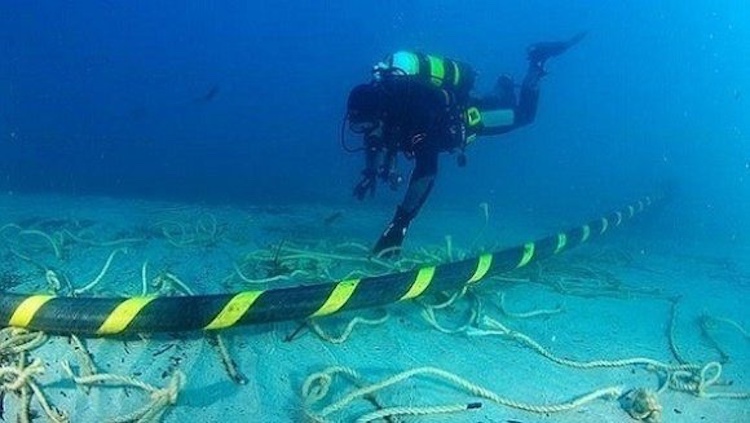By Lisa Vives, Global Information Network
NEW YORK (IDN) — What is a world without a phone? Without long-distance service? Without a digital cellular network? It’s hard to imagine since billions of people across the globe can now call relatives, do business or exchange information without having to put it in writing.
Within 50 years of its invention in 1849, the telephone has become an indispensable tool until this week in West and Central Africa when, according to Netblocks, a watchdog organization that monitors cybersecurity and the governance of the Internet, multiple subsea cable failures cut Africa off from the world.
The precise cause of these failures remains unclear at this time.
According to Netblocks, Ivory Coast faced the most severe outage, while Liberia, Benin, Ghana, and Burkina Faso experienced significant impacts. Cloudflare, an internet firm, confirmed ongoing major disruptions in Gambia, Guinea, Liberia, Ivory Coast, Ghana, Benin, and Niger through one of its monitoring accounts.
By 8 a.m., bank closures were reported across Nigeria, the Ivory Coast, and Ghana.
Network disruptions caused by cable damage have occurred in Africa in recent years. However, “today’s disruption points to something larger (and) this is amongst the most severe,” said Isik Mater, research director at Netblocks.
In a few cases, the shutdown has been intentional. In Senegal, for example, the Ministry of Communications instructed mobile operators to halt internet access on Tuesday, just before a planned silent march organized by activist groups.
The march was intended to protest the sudden postponement of a presidential election scheduled for February 25. Violent clashes last week resulted in the deaths of three individuals and numerous arrests.
But on the subsea outages, Associate Professor Jess Auerbach Jahajeeah, writing for The Conversation, noted that large parts of west and central Africa, as well as some countries in the south of the continent, have been left without internet services since March 14 because of failures on four of the fiber optic cables that run below the world’s oceans.
Nigeria, Côte d’Ivoire, Liberia, Ghana, Burkina Faso and South Africa are among the worst out of 10 affected. Microsoft warned its customers there could be a long delay in repairing the cables. West African data center and connectivity provider MainOne blamed the internet outage on a break in its submarine cable system.
South Africa in a relatively good position
South Africa appears to be in a relatively good position but in several African countries—including Sierra Leone and Liberia—only one fiber optic cable actually comes into the country. Internet traffic from these countries basically stops when the cable breaks. Namibia and Lesotho were also affected.
“Naturally that has huge implications for every aspect of life, business and even politics,” Jahajeeah continued. “While some communication can be rerouted via satellites, satellite traffic accounts for only about 1% of digital transmissions globally.”
Questions are now emerging over what is called ‘digital colonialism,’ she said. “Previously cables were financed by a combination of public and private sector partnerships, but now big private companies such as Alphabet, Meta and Huawei are increasingly financing cable infrastructure. That has serious implications for control and monitoring of digital infrastructure.”
“Poorer countries often have little choice but to accept the terms and conditions of wealthy corporate entities. That’s potentially incredibly dangerous for African digital sovereignty and is something we should be seeing a lot more public conversation about.” [INPS Japan/ IDN-InDepthNews]
Image credit: Techpoint Africa.


